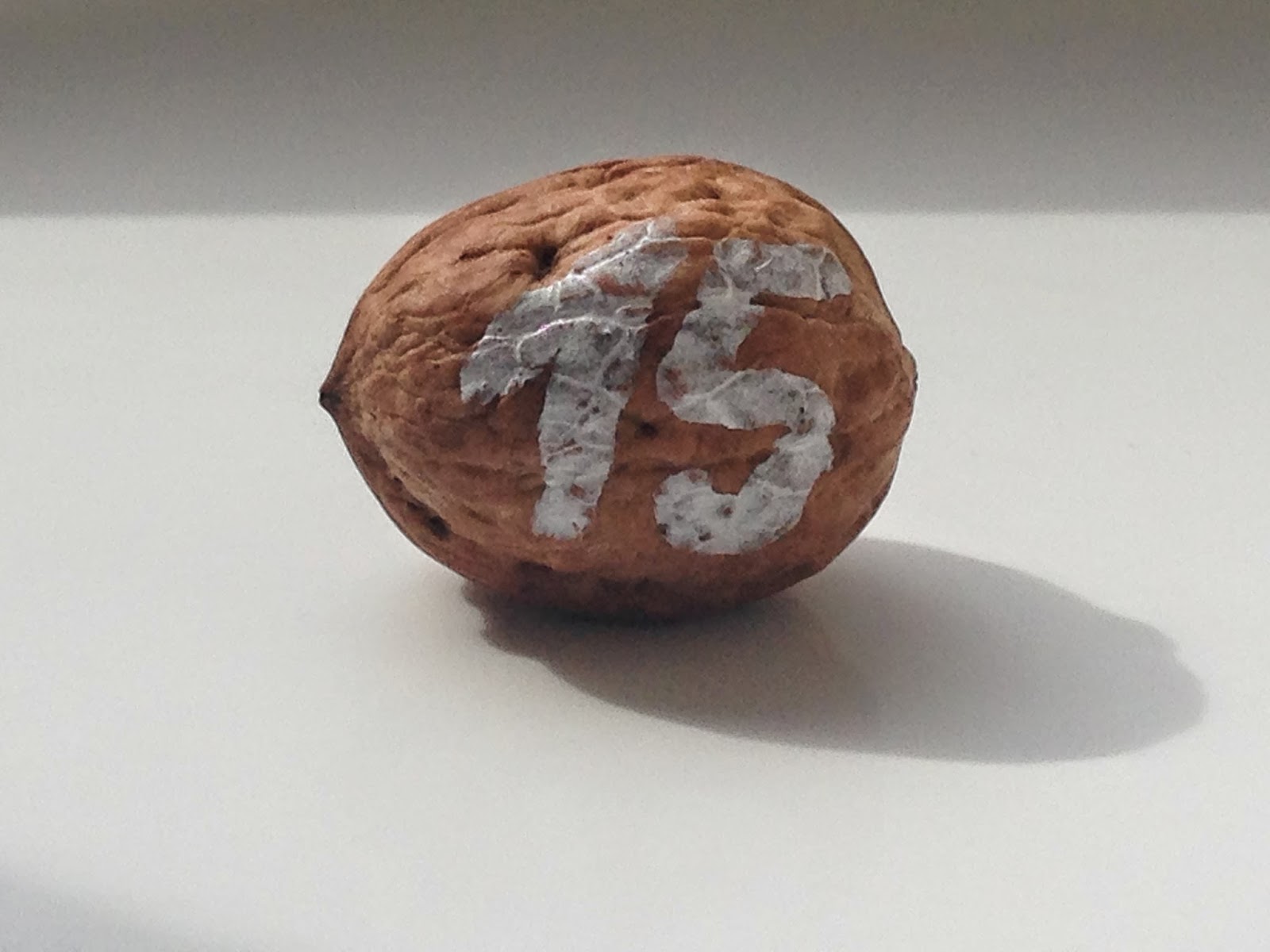(This is a fragment of a longer piece on the British media's coverage of the Armenia-Azerbaijan Nagorno-Karabakh conflict)
In early August 2014 the British media reported an
escalation in the Armenia-Azerbaijan Nagorno-Karabakh conflict. This has brought
the conflict, which has been less covered since the cease-fire of May 1994, back
to the media’s attention. This blog is intended
to shed some light on the role of the British, and the wider Western, media in
shaping particular attitudes among the public, as well as policy-makers
involved in the negotiation process over this conflict. It is based on analysis
of the main premises of over 4,000 reports and analytical commentaries on the
conflict by BBC TV, The Guardian, The Observer, The Times, The Financial Times, The Independent and The Economist in the period 1988-2014, including during the ‘hot’
stage of the conflict from 1988 to 1994. It focuses
on the media’s interpretations of historical causes of the conflict and
juxtaposes these interpretations with relevant historical facts.

